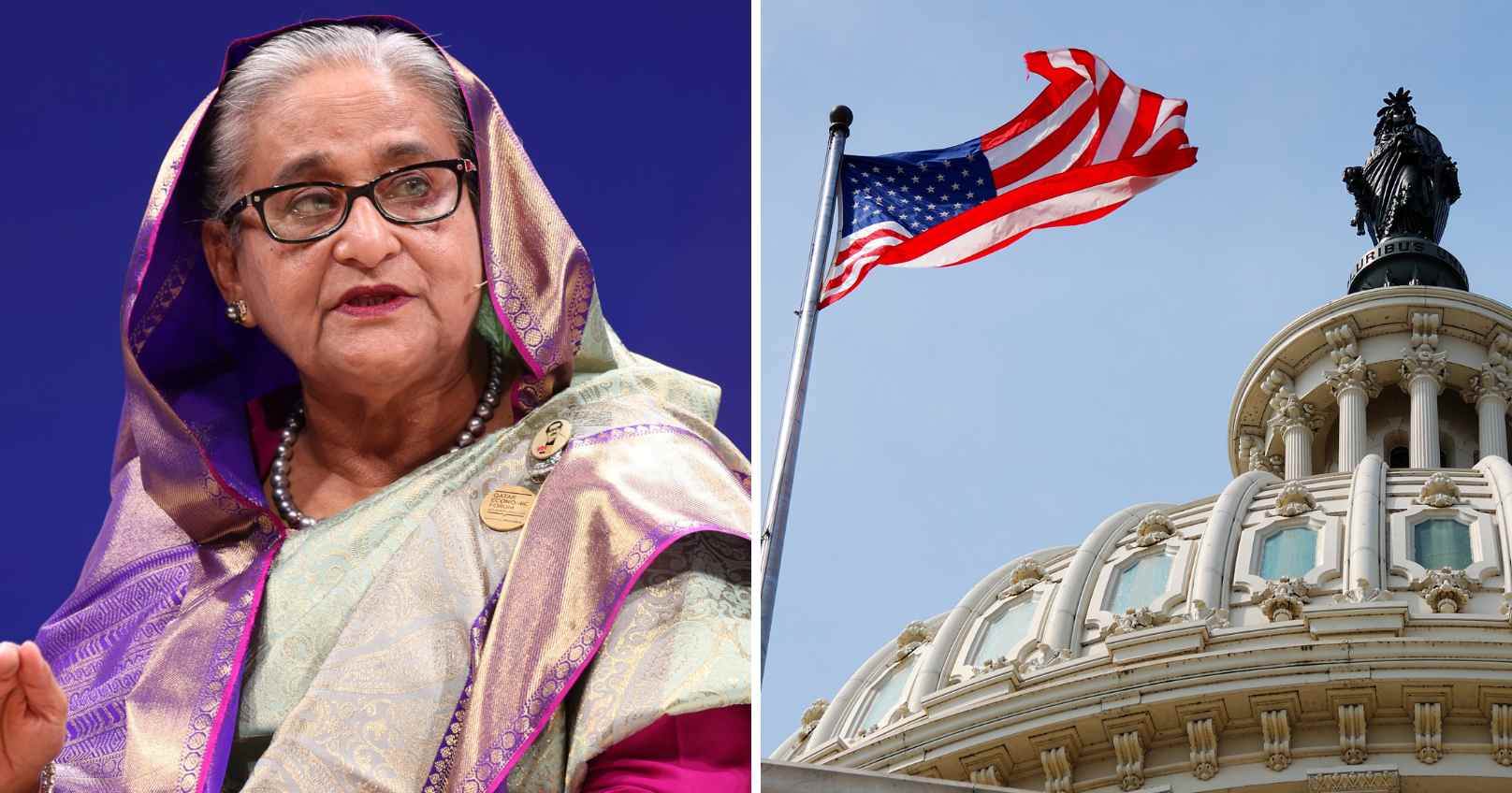On Monday, the White House dismissed claims that the U.S. government played a role in the recent political upheaval in Bangladesh, which led to the resignation and departure of former Prime Minister Sheikh Hasina. White House Press Secretary Karine Jean-Pierre firmly stated, "We have had no involvement at all. Any reports or rumors suggesting U.S. interference are entirely false."
Jean-Pierre's comments were in response to allegations that Hasina had resigned under pressure from the U.S., purportedly related to a demand for sovereignty over Saint Martin's Island and control over the Bay of Bengal. Sheikh Hasina’s son, Sajeeb Wazed, denied that such statements were made, calling the reports "completely false and fabricated."
Jean-Pierre emphasized that the future of Bangladesh's government should be determined by its own people. "We believe that the Bangladeshi people should determine their own future," she said, underscoring that any allegations of U.S. involvement are untrue.
On Thursday, Bangladesh swore in an interim government led by Nobel Peace Prize laureate Muhammad Yunus, tasked with overseeing upcoming elections. This development follows significant unrest triggered by student protests over job quota policies and demands for Hasina's resignation.
The White House confirmed that it will continue to monitor the situation in Bangladesh, with President Joe Biden maintaining a strong stance on human rights. Jean-Pierre addressed recent protests outside the White House by Hindu-Americans, stating that the administration remains vigilant on human rights issues and will continue to address them publicly and privately.
Protests in the U.S. have drawn attention to alleged human rights abuses against minorities in Bangladesh. In Atlanta, Congressman Shawn Still urged the State Department to take action to protect minority communities in the country.







